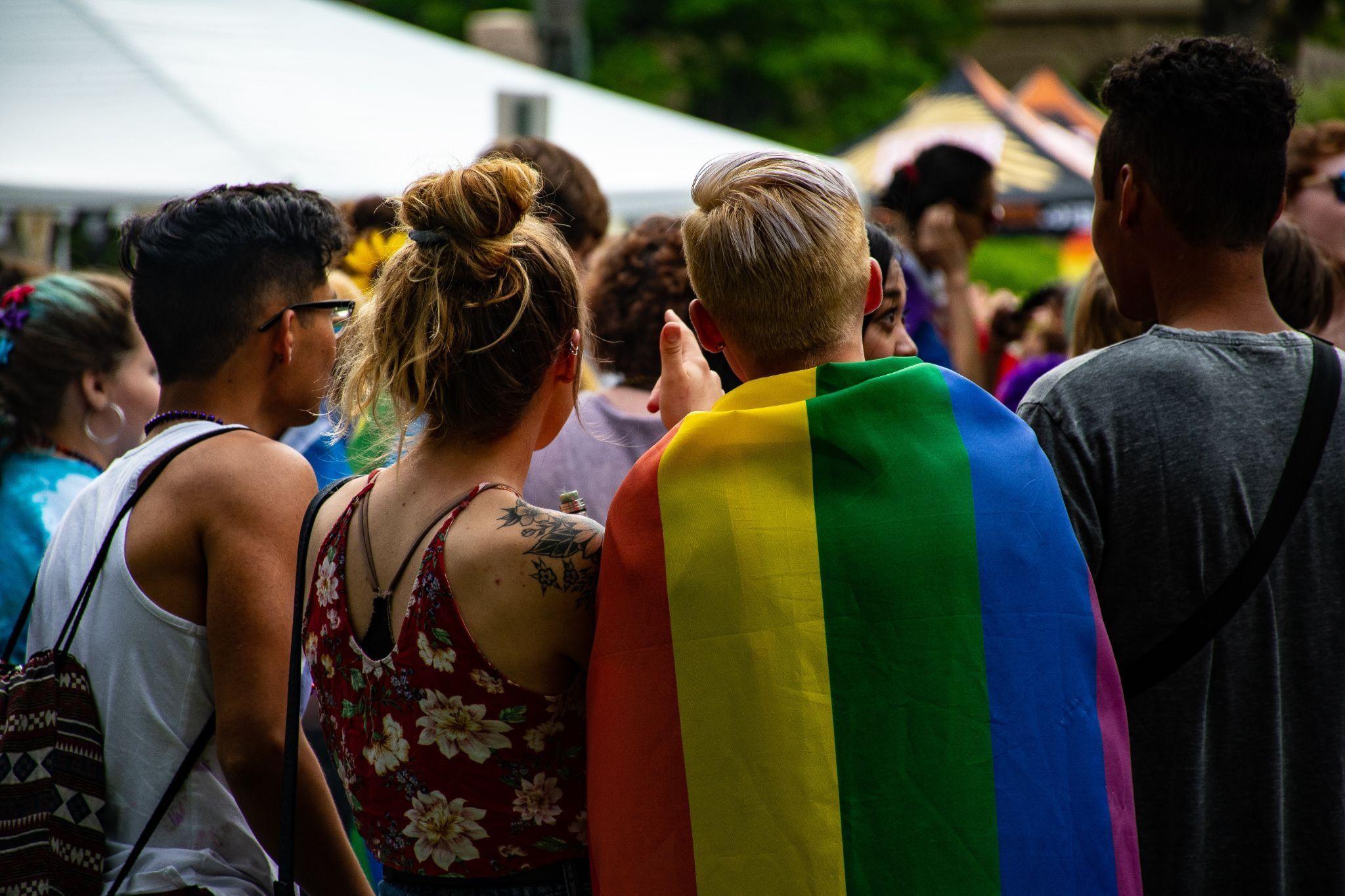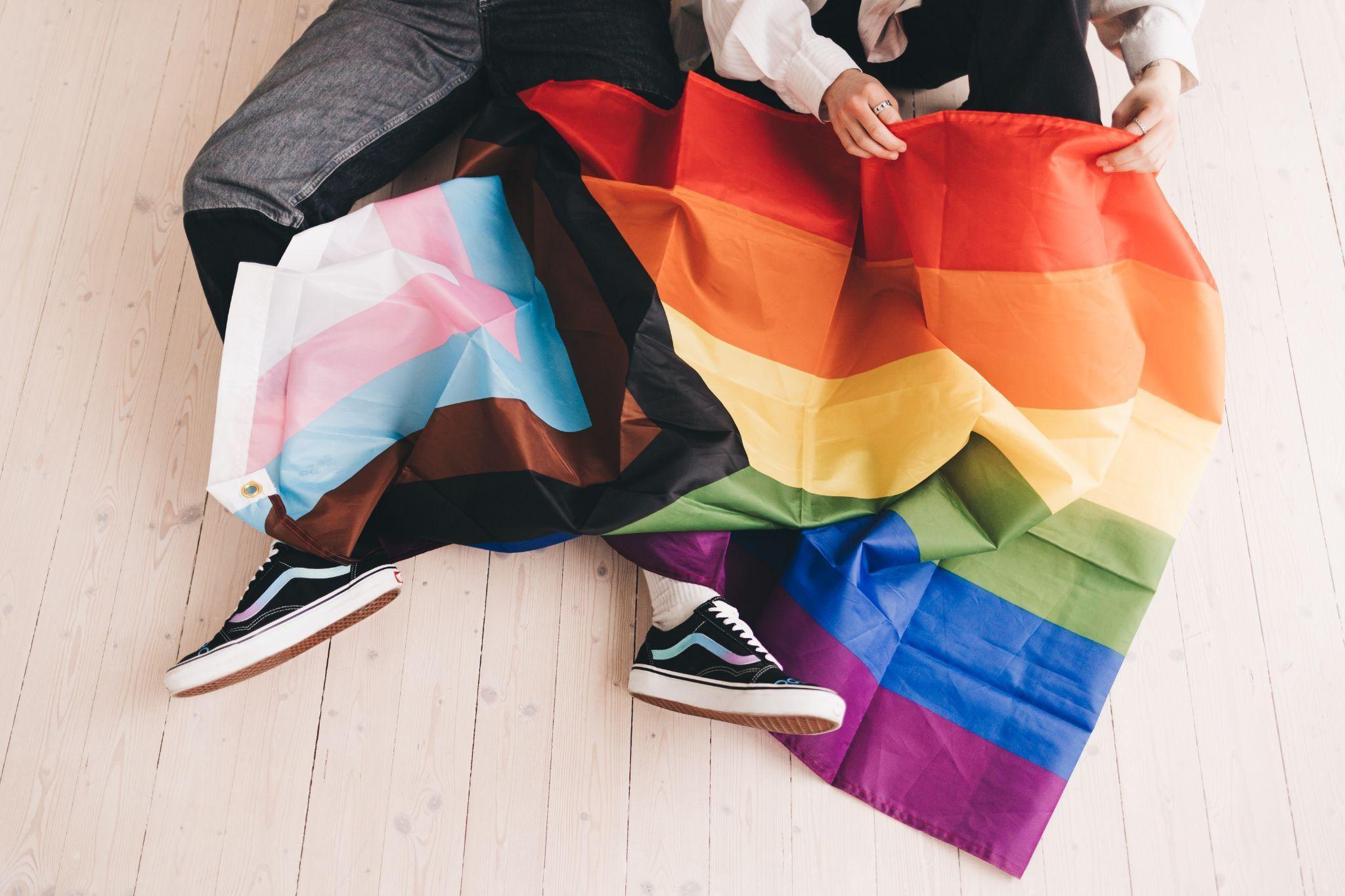
4 minute read
Letter from the Editor
Growing up is hard to do. It’s a near universal truth, one that has been sung about in countless songs, written in every classic bildungsroman, and is even documented in academic journals. Growing up is a journey, and— in what I think is a little acknowledged fact— it’s one that never stops. For contemporary society, adulthood is where one stops “growing up,” based in the somewhat ageist approach that what grows up must eventually come down in the gentle decline of ageing. But I think that’s false. We spend our entire lives growing up, changing, developing, and becoming different people, whether for better or for worse. It’s a sentiment that is most applied to individuals, but in the past few months I have seen growing up— and all the pains that it comes with— manifest in a different form: the college campus.
College campuses have grown a lot since their arrival to the United States with Harvard University in the 15th century. Since then, colleges have changed their academics, campus structure, and even the way students are supposed to feel during the experience. As sociologist Lisa Wade writes in her book American Hookup, the notion of college as being a place for “fun” didn’t become prevalent until the 20th century, when schools realized that it could be an effective marketing technique. But our outlook on fun isn’t the only thing that has changed either. In the past 50 years, the American collegiate system has undergone enormous changes in the ways in which we admit, treat, and assist marginalized students. Since the desegregation of higher education in the 1950s and the creation of affirmative action in the 1960s. marginalized students have been fighting for a fair, equitable place at colleges across the nation, where they seek to combat and dismantle the white supremacy and patriarchy that at times feels omnipresent and all consuming. Colleges have grown up. And more than anyone, marginalized students have felt the pain— the pain of fighting for equity in institutions that resist it all nearly all costs.
Issue Two of Counterculture is titled “Growing Pains” for this exact reason. As a group of student activists, scholars, and thinkers, we know the pains that come from being in an institution that is still, exactly 50 years after the first Black students graduated from Westhampton College, struggling with decentering the voices and needs of those who are white, wealthy, cisgender, male, and heterosexual. This semester, we’ve especially seen the pain of being at an institution that has certainly increased its diversity, yes, but has not increased its tolerance.
From a white freshman student attacking a Black delivery driver simply trying o do his job, to groups of students dressing up in racist and derogatory Halloween costumes, it’s become more clear than ever: the University of Richmond has got some growing to do. And this growth will be painful. At the end of the day, this institution must decide whether it will continue to protect the values of white supremacy that are entrenched in its history or begin the process of truly achieving equity through abolishment, restorative justice, and healing. As our faculty advisor Dr. Thad Williamson eloquently put it in his recent Op-Ed for The Collegian: “We simply cannot become a democratic community of learning without also challenging White and class privileges at their root.”
As a magazine, we’ve also begun to grow. After beginning last year with virtually no resources or knowledge about how to create and develop a publication, this year we boast even more writers, thinkers, and creatives, and are continuing to flourish in the midst of adversity. It is our hope that this magazine can continue, as we further our growth, to push the minds of individuals at the University of Richmond to expand in ways that promote activism and equitable thought.
This issue of Counterculture grapples with several topics, including xenophobia, transphobia, the student debt crisis, and Palestinian liberation. It is our hope that by the end of this issue you know— as we do— that the more we grow, the stronger we are. Happy reading.
Best,
Christian Herald
Founder and Editor in Chief





